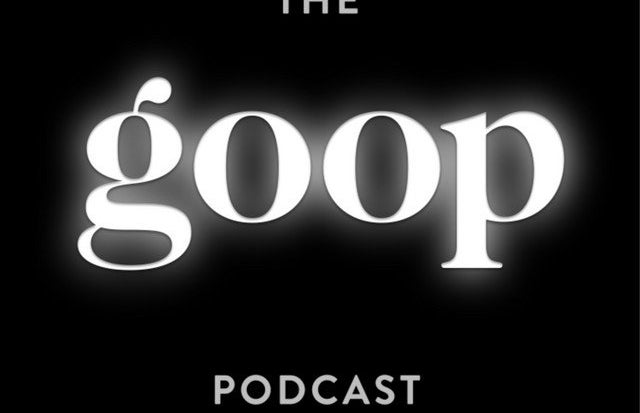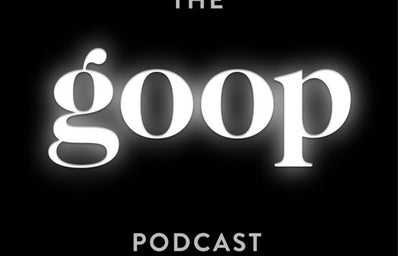Poppy discusses whether actress and businesswoman Gwyneth Paltrow’s ‘Goop’ is the feminist haven it is marked as, weighing up the female-directed products against the sexism that seems to be tearing through Paltrow’s product image.
Goop presents itself as a modern wellness brand that, unlike its various predecessors and contemporaries, puts women at the core of their business. Their products are marketed as tools to help with personal female empowerment and “[crumbling] the patriarchy” … however, there seems to be an underlying vein of sexism throbbing through Goop’s girl power branding, and it seems unable to shake off.
That’s not to say that Goop is devoid of any feminist intention or content. On the contrary, in many ways they are pioneers in the industry. Unlike other health and beauty content aimed at women, Goop focuses a lot of their products on female sexual empowerment, consistently encouraging the destigmatisation of women’s genitalia and the pursuit of personal sexual pleasure.
In an episode of ‘The Goop Lab with Gwyneth Paltrow’, in which the viewer is shown multiple vulvas from women of varying ages and races, there is an attempt to prove that there is no one standard of vulva, that we, as female-identifiers, should be striving towards. This episode also includes the late, great Betty Dobson who busts myths about the female orgasm, vulvas and masturbation.
Goop’s other Netflix show (‘Sex, Love & Goop’) is all about having better sex with your partner by learning more about communication and the science of intimacy. This show also features couples of varying sexualities, ages and ethnicities, discussing the intersectional barrier to intimacy that these identities can sometimes breed.
Arguably, Goop could be called radical feminists for the work they do here, as no other mainstream wellness brand has talked about sex in such a female centric, non-heteronormative way before. They have also collaborated with celebrated female writers in the past, including Mikki Kendall (the author of Hood Feminism) who wrote an article for Goop discussing the lack of intersectionality and the problem with feminism centring white women.
Despite pushing the envelope in this area, Goop seems to be frustratingly stuck in the past when it comes to their views on another aspect of womanhood: ageing.
Goop sells a plethora of anti-ageing products and constantly encourages the pursuit of aesthetic age reversal. This would seem to ironically contradict their natural branding, as nothing is more natural than the ageing process. It is also contradictory to their feminist branding, as encouraging anti-ageing and age reversal feeds into an ideology stemming from the – wholly sexist idea – that women ‘need’ to stay ‘desirable’ (and that being desirable is not compatible with ageing). It implies that there is something wrong with the natural ageing process, that it is something to fear; that a woman has something to lose when her looks fade.
It’s understandable why Goop maintains this mindset. It is, after all, the love child of Gwyneth Paltrow, a woman who exists in an industry that literally takes her at face value, as a model and actress in a continually sexualised industry. Whilst there should be no personal blame assigned to Goop for pushing this narrative (they’re far from the only brand to do so) it is fair to hold them to the standards they claim to have achieved.
The reality, is that while Goop is a positive change in the way that health and beauty brands interact with their female consumers, it is still profiting off shame surrounding sex and gender as much as the marketing campaigns of a few years ago did. Women buy these products because, on some level, I believe, they are fearful and ashamed of a natural part of their womanhood. Instead of challenging those feelings, Goop encourage them.
In my opinion, Goop should not be celebrated as a feminist lifestyle brand because it profits off women’s shame, in which there is no female empowerment.


